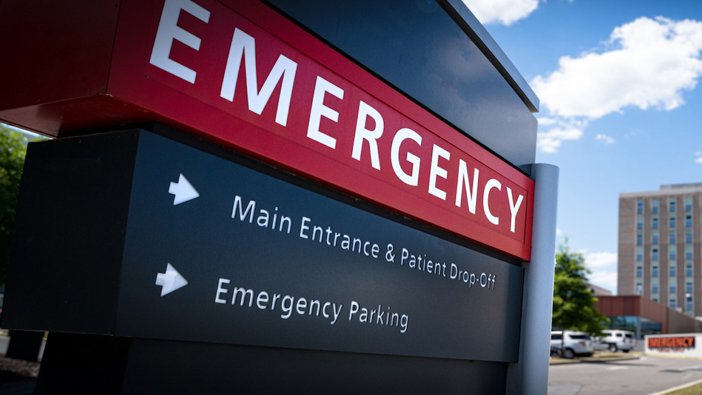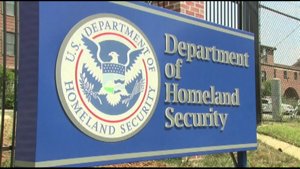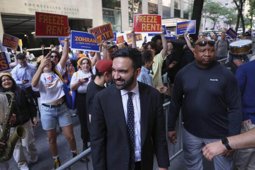
ER Doctor Warns of Rural Hospital Crisis
Hospital closures surge across rural America, as a landmark study highlights growing healthcare instability and urgent need for federal action.
Study Reveals Growing Crisis in Rural Emergency Care
Rural communities across the United States are facing an escalating healthcare crisis as hospitals shutter at an alarming rate, according to a new study conducted by the RAND Corporation in partnership with top national emergency physicians. The report reveals that emergency rooms, once considered a safety net, have now become the primary entry point into the U.S. healthcare system—especially after a 1986 federal law required ERs to stabilize all patients regardless of their ability to pay.
States such as Texas, Oklahoma, Tennessee, West Virginia, Pennsylvania, the Carolinas, and Alabama have witnessed multiple hospital closures in recent years. Dr. Randy Pilgrim, an emergency physician and chief medical officer for SCP Health, emphasized the gravity of the situation: “This RAND study is the first ever that points to this crisis, which is that the emergency departments and the care that patients receive in them usually is so critical that, especially for time-sensitive conditions, just the fact that you have to travel as far as you might have to, or that even if a hospital is close to you, but it still doesn't have the resources to operate efficiently.”
Pilgrim noted that in emergency medicine, high-quality care depends on having sufficient resources, but mounting pressures—including overcrowding, violence against staff, and nearly $5.9 billion in unpaid emergency services each year—are straining the system to a breaking point. Many hospitals in rural or poor urban areas cannot compensate for the funding gap created by high rates of uncompensated care.
Funding Shortfalls and Physician Shortages
The 1986 Emergency Medical Treatment and Labor Act (EMTALA) is often described as an unfunded mandate, requiring hospitals to provide care without sufficient federal support. Dr. Pilgrim explained, “The economics of reimbursement for physician care play a huge role. … We need more physicians generally in America, and we need physicians to feel like they can and will go to where they're needed. Physicians won't go where they are needed if there's not enough resources or reimbursement to attract them.”
Rural hospitals typically offer lower pay and fewer resources than their urban counterparts, making it difficult to recruit and retain qualified medical staff. The growing demand for hospital care, particularly as 10,000 Americans turn 65 every day and become eligible for Medicare, only heightens the strain. If Medicare reimbursements fail to keep pace with rising clinical demand, rural emergency departments will remain at greatest risk.
Calls for Federal Action and Bipartisan Solutions
Dr. Pilgrim reported meeting with Health and Human Services Secretary Robert F. Kennedy, Jr., who, along with other top HHS officials, has been receptive to concerns about the crisis. “Secretary Kennedy… did a beautiful job of listening to what we were saying about the impending crisis,” Pilgrim said, adding that healthy patients depend on a robust healthcare system. He also called for Congressional intervention, particularly to address the decline in Medicare reimbursements, which have fallen by 33% since 2001 when adjusted for inflation.
Representative Greg Murphy, R-N.C., a practicing urologist, stressed the importance of fixing reimbursement issues for rural providers and ensuring insurance companies do not deny necessary care or payments. He warned that without action, more hospitals will close, endangering access to care for millions.
Pilgrim underscored that the crisis is not confined to rural areas: “In a large city like Atlanta, if rural healthcare is not healthy and patients have to go somewhere else, they will eventually end up in your hospital… So spending a dollar somewhere else besides in your own hospital if you're in a better place makes a lot of sense for you…”
As lawmakers and health officials weigh solutions, the future of emergency care in rural America hangs in the balance. Experts urge immediate federal action to stabilize the healthcare system and ensure all Americans, regardless of geography, can access life-saving medical care.






